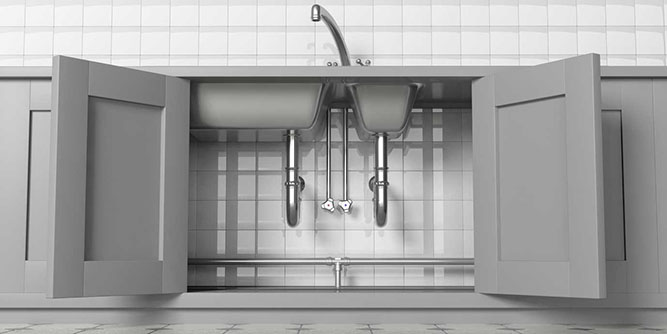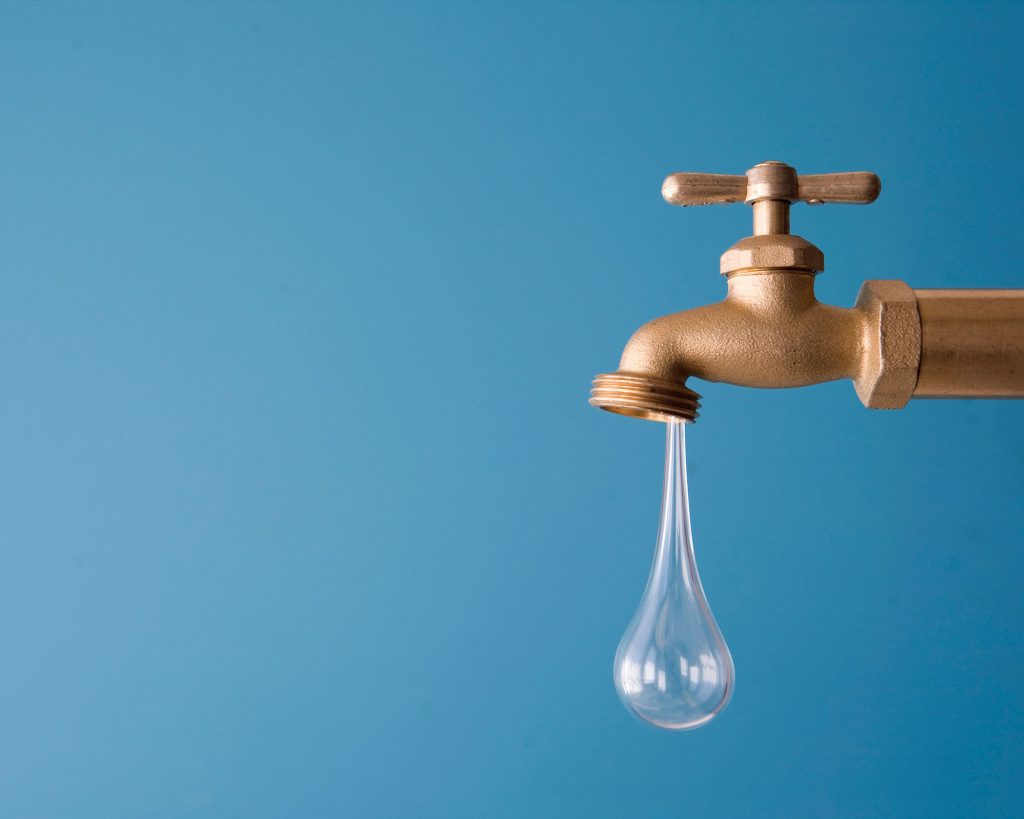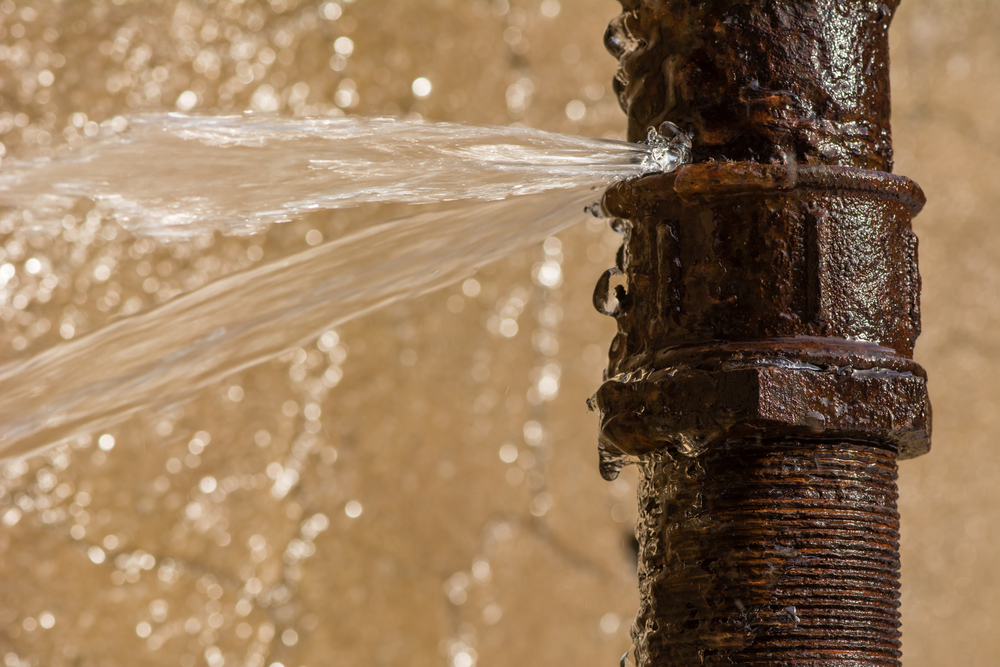Brr! With temps in Upper Michigan in the negative teens, that brings up some interesting questions regarding homeowners claims! Below are some tips to keep the pipes from freezing and your home cozy!
Open Cabinet & Vanity Doors
This is an easy way to promote warm air circulation to those pipes! It is important to open cabinet and vanity doors as it could prevent an expensive crack or burst!
BEWARE: If you store cleaning supplies/chemicals that can be poisonous or ingested in these opened cabinets, keep an eye on children or pets as they are naturally curious.

Turn the Heat Up!
We get it. With gas and electricity prices on the rise it may not be possible for everyone to crank their thermostat up. Keeping it around 65 degrees or above is an ideal temp to keep those pipes from freezing or bursting. If you plan on going on vacation during frigid temperatures, don’t turn your heat all the way down while you’re gone. Though you may spend the few extra bucks on your heating bill to warm the house while you’re away, it could save you (or your insurance company) thousands in water damage and plumbing repairs!
BONUS TIP: Check your thermostat batteries! The furnace will stop running if your thermostat batteries are dead. Make sure these are functioning properly to avoid the home getting too cold.
Let Faucets Drip

This tip directly from plumbing experts! Pipes are less likely to freeze with a slow and steady drip flowing through to prevent build up of ice in pipes. Ice can freeze inside of the pipe and block off any other water from coming through. The pressure then builds and this is how pipes can freeze and break/burst.
Inspect Water Sources
Ideally before freezing temps hit, check all of your water sources. Outside spickets, hoses, and pipes are among those that freeze most often. Homeowners sometimes forget that the little water spicket they use for their garden can freeze during these temps and cause massive amounts of water damage in underground piping or basements. Check to make sure all outdoor hoses/water lines are drained, and valves are shut off.
If Something Freezes, Breaks, or Bursts…CALL YOUR AGENT!
On most typical homeowners policies freezing, thawing, bursting, or water damage from such is covered. There are some conditions like having heat on that could be taken into effect, but call your agent to be sure. Coverages on vacant homes or homes under construction may also differ.

References: